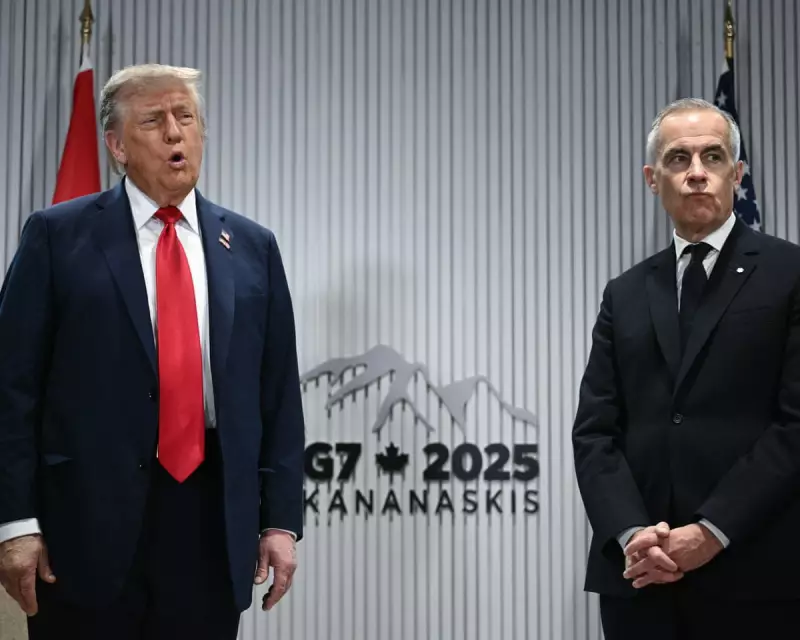
Former US President Donald Trump has unveiled a controversial plan to impose significant new trade tariffs, reigniting debates over economic strategy just months before the US election. The proposal, which would dramatically alter America's trade relationships, has drawn both sharp criticism and staunch support from political and business leaders.
Trump's Protectionist Vision
The Republican frontrunner outlined his vision for what he calls 'reciprocal trade', suggesting tariffs as high as 60% on certain imports. 'We're going to stop being the world's piggy bank,' Trump declared during a campaign rally in Ohio.
Economic Implications
Economists are divided on the potential impact:
- Supporters argue it would protect American jobs and industries
- Critics warn of potential price increases for consumers
- Some analysts predict retaliatory measures from trading partners
Political Reactions
The proposal has become a flashpoint in the presidential campaign. President Biden's team quickly condemned the plan as 'reckless economic nationalism', while some Republican lawmakers have voiced cautious support for elements of the proposal.
Global Consequences
International observers are closely monitoring the situation, with particular concern from:
- China, America's largest trading partner
- European Union officials
- NAFTA partners Canada and Mexico
The debate comes at a sensitive time for global trade, with many nations still recovering from pandemic-related economic disruptions and ongoing supply chain challenges.





